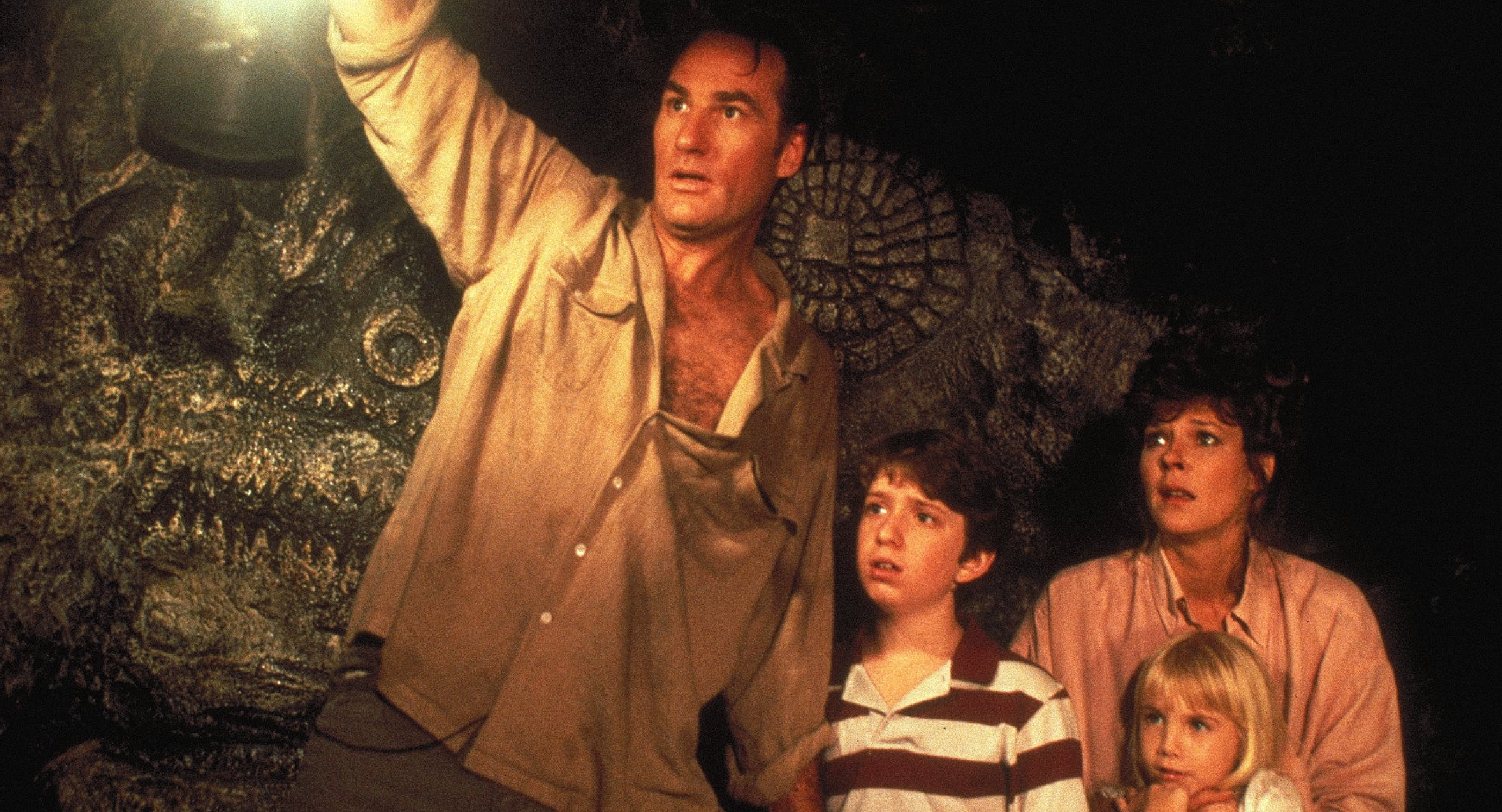Poltergeist II: The Other Side – Film Review
Published September 1, 2024

Poltergeist II: The Other Side is the sequel to the highly successful 1982 horror film Poltergeist. Directed by Brian Gibson, the film attempts to continue the terrifying saga of the Freeling family as they once again face supernatural forces. Unfortunately, while the film has its moments of genuine horror and some intriguing concepts, it ultimately falls short of the original’s impact, feeling like a lesser echo of its predecessor.
The film picks up a year after the events of the first Poltergeist. The Freeling family, traumatized by their experiences, has moved away from their haunted house and is trying to rebuild their lives. However, it quickly becomes apparent that they cannot escape the malevolent forces that plagued them before. This time, the threat is personified by Reverend Henry Kane (Julian Beck), a sinister preacher whose malevolent spirit has latched onto young Carol Anne (Heather O’Rourke).
Kane is revealed to be the leader of a death cult, and his spirit is determined to bring Carol Anne and the rest of the Freelings into “the other side.” To combat this evil, the family receives help from Tangina Barrons (Zelda Rubinstein), the medium from the first film, and a Native American shaman named Taylor (Will Sampson). The story explores the idea of confronting past traumas and the inevitability of facing one’s fears, but the execution leaves much to be desired.
One of the most significant strengths of Poltergeist II is its commitment to the family dynamics that made the original film so compelling. JoBeth Williams and Craig T. Nelson reprise their roles as Diane and Steven Freeling, and their performances are solid, grounding the film in a believable emotional core. The love and desperation they feel for their children, particularly Carol Anne, are palpable and help maintain some level of emotional engagement with the story.
The film also benefits from the return of some of the original’s creative team, including producer Steven Spielberg and composer Jerry Goldsmith. Goldsmith’s score is hauntingly beautiful, enhancing the film’s eerie atmosphere and providing some much-needed tension during the more lackluster scenes. The special effects, while not as groundbreaking as in the first film, are still effective in places. The monstrous manifestation of Kane and the surreal sequences on “the other side” are visually striking, if not entirely coherent.
Another highlight is Julian Beck’s performance as Reverend Kane. Beck, who was gravely ill during filming, brings an unsettling intensity to the role. His gaunt appearance and soft-spoken yet menacing demeanor make Kane a memorable, if underutilized, antagonist. His presence adds a layer of creepiness to the film, even if the character’s backstory is convoluted and not fully explored.
Unfortunately, Poltergeist II suffers from a number of significant weaknesses that prevent it from reaching the heights of its predecessor. The most glaring issue is the script, which feels disjointed and underdeveloped. The film tries to expand on the mythology of the first movie, but it does so in a way that raises more questions than it answers. The introduction of Reverend Kane and the backstory involving his death cult is intriguing, but it’s never fully fleshed out, leaving the viewer confused about the nature of the threat. The film’s pacing is also uneven, with long stretches of dull exposition that sap the momentum from the few genuinely scary moments.
The shift from a purely haunted house narrative to a more spiritual and metaphysical storyline is another misstep. While the idea of exploring “the other side” is interesting, the execution is muddled and lacks the claustrophobic tension that made the original so effective. The scenes set in the alternate dimension are visually ambitious but feel disconnected from the rest of the film, failing to deliver the same sense of dread that permeated the first movie.
The character of Taylor, the Native American shaman, is another problematic aspect. While Will Sampson gives a dignified performance, the character is ultimately reduced to a stereotypical “magical Native American” trope, providing spiritual guidance and mystical solutions without much depth or agency. His role in the film feels more like a plot device than a fully realized character, which is disappointing given the potential for more meaningful exploration of his background and beliefs.
Another issue is the film’s reliance on special effects to generate scares, often at the expense of building genuine suspense. The original Poltergeist was effective because it balanced its supernatural elements with moments of quiet, creeping terror. In contrast, Poltergeist II often resorts to showy, over-the-top effects that feel more like distractions than integral parts of the story. The scene in which Steven vomits up a monstrous worm-like creature, while memorable, feels more grotesque than frightening, and it highlights the film’s tendency to prioritize spectacle over substance.
Poltergeist II: The Other Side is a film that struggles to live up to the legacy of its predecessor. While it has moments of genuine horror and a few standout performances, it ultimately feels like a pale imitation of the original. The film’s attempts to expand the Poltergeist mythology are admirable but ultimately flawed, resulting in a story that is both confusing and unsatisfying. The characters, while well-acted, are given little room to grow, and the shift towards a more metaphysical horror leaves much of the tension behind.
The film’s saving grace is its commitment to the emotional core of the Freeling family, whose love for each other provides some much-needed heart amid the supernatural chaos. However, this is not enough to elevate the film beyond its many shortcomings. For fans of the original, Poltergeist II may offer some nostalgic thrills, but for those looking for a truly frightening experience, it falls short. Poltergeist II: The Other Side is a serviceable but ultimately forgettable sequel that fails to recapture the magic of the first film.
